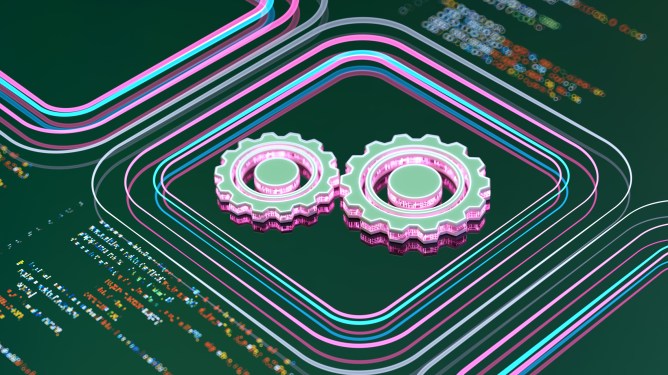In the ever-evolving world of software development, tech vendors are expected to provide software development kits (SDKs) alongside their products to facilitate app creation. However, many vendors only offer application programming interfaces (APIs), which serve as protocols for software components to communicate with each other. This gap in expectations has led to a new generation of API-to-SDK generators emerging to fill the void.
The Problem with APIs
Alex Rattray, founder of Stainless, believes that AI can play a crucial role in addressing this issue. Stainless uses a compiler to generate SDKs from APIs automatically, largely on the fly. According to Rattray, without an SDK, API users are forced to read API documentation and build everything themselves, with no easy way for vendors to create SDKs at scale.
How Stainless Works
Stainless takes in an API specification (API spec) and generates SDKs in a range of programming languages, including Python, TypeScript, Kotlin, and Go. As APIs evolve and change, Stainless’ platform pushes those updates with options for versioning and publishing changelogs. This approach ensures that libraries remain consistent and up-to-date.
The Power of AI
Rattray asserts that Stainless avoids problems like libraries becoming inconsistent or outdated by using AI to produce an initial config, which teams can then fine-tune to their API. This process enables quicker upgrades and faster time to integration.
"We’re quickly entering a world where everyone has access to expert-level engineer in their pocket," Rattray said. "With that shift, every company with a website will see their APIs grow from a power-user feature to a primary interface for all users, and companies without excellent APIs will become as anachronistic as a restaurant without a website."
A Brief History of Stainless
Rattray, an economics major, picked up programming on the side while at UPenn, which led to a job at Stripe as an engineer on the developer platform team. At Stripe, Rattray helped revamp API documentation and launch the system that powers Stripe’s API client SDK.
Competition in the Market
Stainless isn’t the only API-to-SDK generator out there. There are LibLab, Speakeasy, and longstanding open-source projects like OpenAPI Generator. However, Rattray argues that Stainless delivers more "polish" thanks to its compiler.
"While the OpenAPI Generator exists, many customers mention having tried it," Rattray said, "and it having fallen extremely short on code quality in its outputs — often requiring much more work to edit the output and bring it up to snuff."
Stainless’ Polished Output
It’s this polish that attracted tech giants like OpenAI, Anthropic, and Meta to Stainless’ platform. Additionally, Runway, Groq, Cerebras, Modern Treasury, and Cloudflare have also joined the ranks of customers.
Rattray claims that Stainless has "hundreds" of paying customers today, with its SDKs being downloaded tens of millions of times every week.
Recent Developments
OpenAI is losing money on its pricey ChatGPT Pro plan, CEO Sam Altman says. This news comes as OpenAI turns its attention to "superintelligence."
Meanwhile, Nvidia’s Project Digits is a ‘personal AI supercomputer’ that aims to revolutionize the field of artificial intelligence.
Conclusion
The emergence of API-to-SDK generators like Stainless has transformed the software development landscape. By leveraging the power of AI, these tools have filled the gap left by vendors who only offer APIs. As the industry continues to evolve, it will be exciting to see how Stainless and other players in this space continue to innovate.
Related Topics



